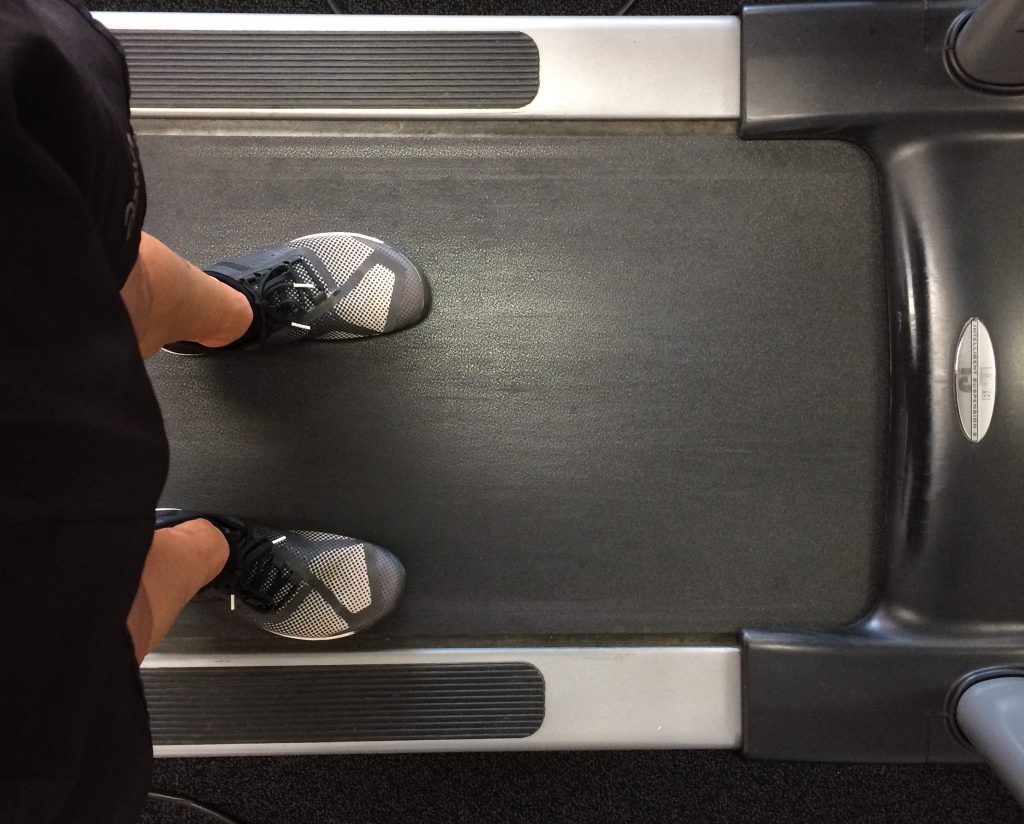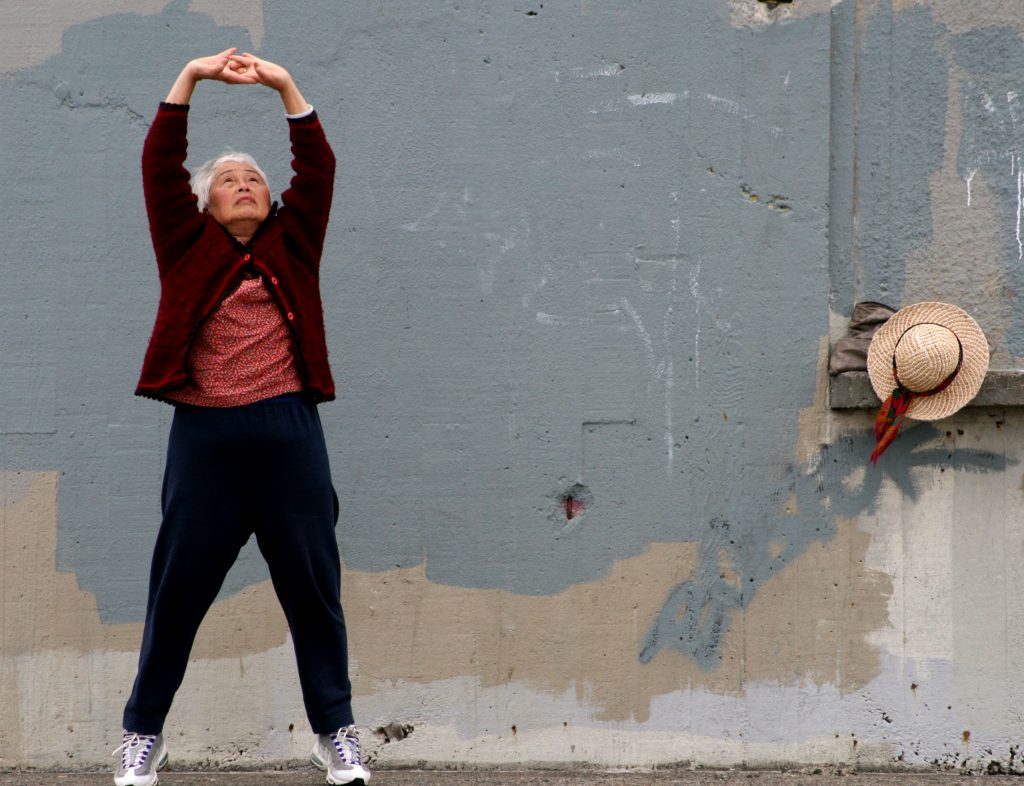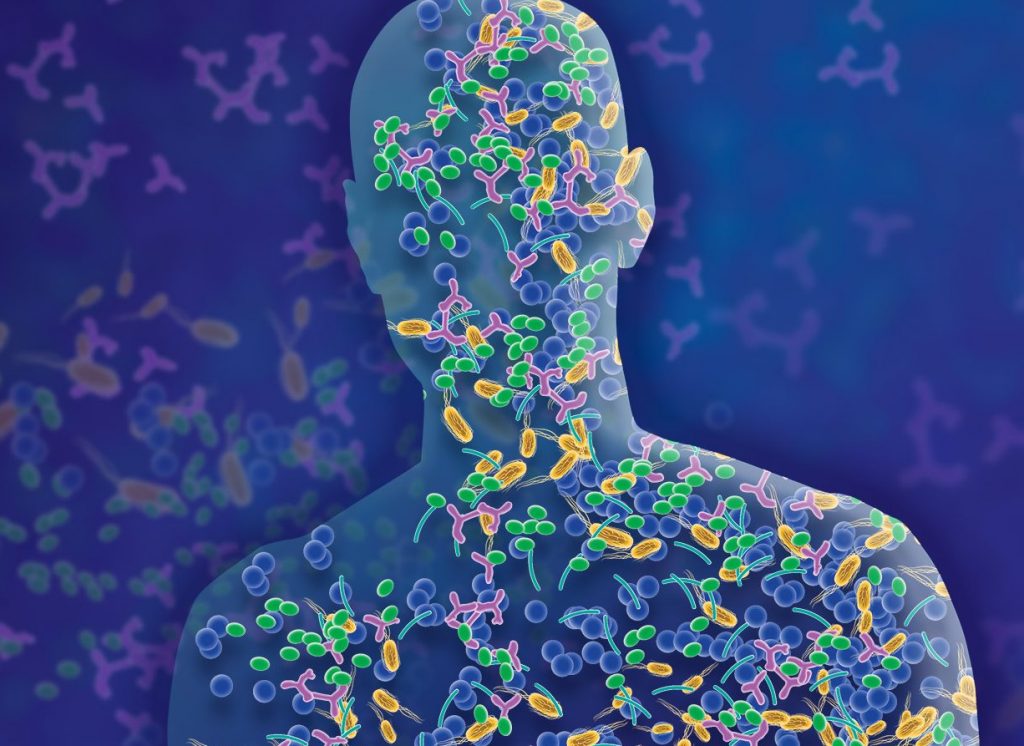
The Importance of Sunshine For Your Heart
Photo Credit: Mirosla, via Flickr Creative Commons
“Sunshine on my shoulders makes me happy,” as the old classic John Denver song goes. Especially in the doldrums of winter or if you work indoors, it’s easy to forget how much better you’ll feel if you get just ten minutes of sunshine. Did you know that a daily dose of sunshine is also a way to protect your heart?
The Sunshine Vitamin
Getting Vitamin D from the sun is a better option than trying to get it through your diet
Vitamin D is important not only to build strong bones with calcium, but also to fight infections and regulate blood pressure and inflammation, among many other functions. Low Vitamin D levels have been shown to increase the risk for heart disease.
The process works this way: as your skin drinks up the sun, your body produces a form of Vitamin D and sends it to your liver, where it turns into “25- hydroxyvitamin D.” A healthy blood level is between 30 and 60 nanograms per milliliter of this chemical. As it circulates throughout your bloodstream, it becomes “activated Vitamin D,” which oversees the calcium in your blood, bones and gut, and helps cells communicate throughout your body.
Vitamin D and Your Heart
The link between sunshine and heart problems is apparent from both epidemiological research and studies of how vitamin D works in the body. In parts of the world where people get less sunshine, heart problems are more common.
In a 2015 study of data from nearly 1,500 Finns published in Nutrition, Metabolism and Cardiovascular Disease, researchers found a link between low Vitamin D and high total and LDL cholesterol and triglyceride levels, higher systolic and diastolic blood pressure. Other danger signs linked to low Vitamin D emerged on heart ultrasounds.
Vitamin D and Disease
Low Vitamin D levels also seem to play a role in autoimmune diseases like multiple sclerosis, according to a 2012 research overview published in Autoimmunity Reviews. Another 2013 study published in the Journal of Medical Biochemistry concluded that Vitamin D deficiency might contribute to weak muscles, infections, type 2 diabetes and dementia. For example, brain cells contain receptors specifically for Vitamin D, but people with Alzheimer’s have fewer of these receptors in a part of the brain involved in memory.
How to Boost Your Vitamin D
If you’re looking to increase your Vitamin D, catching some sunrays is a better option than trying to get it through your diet. To match the Vitamin D you can get from 10 minutes in the summer sun, you might have to drink thirty glasses of milk! Milk, egg yolks, fatty fish like salmon and mushrooms have small amounts of Vitamin D. Egg yolks and fish, however, are not recommended in the nutrition prescription for the Ornish Reversal Program. (See Ornish Living article, “Why Fish is Not Included in Ornish Lifestyle Medicine.”)
It’s important to remember that the amount of Vitamin D that we all need depends on our age and the recommended amounts vary. Research shows that people ages 65 and over generate only one-fourth as much Vitamin D as people in their 20s, for example. Women and people with dark skin are also at a higher risk and generally need the most sun exposure.
The Food and Nutrition Board recommends that if you’re under 70, you need about 600 IU (International Units) and if you’re over 70 you need closer to 800 IU of Vitamin D per day. The US Endocrine Society recommends 1,000 to 2,000 IU per day. Whichever level you’re trying to hit, know that in the summer, 10-15 minutes in the sun will give you a boost of between 3,000 to 5,000 IUs, which is plenty.
Your body produces “D3” or “cholecalciferol” faster than it takes for your skin to turn pink so you don’t need to worry about getting a tan or risking sunburn. For these short periods, you don’t need sunscreen, which blocks the ultraviolet light that gives us Vitamin D.
A blood test is the only way to really know if you are getting enough Vitamin D, so talk to your doctor if you think your levels may be low. And if you possibly can, get outdoors and feel sunshine on your shoulders!
How are you getting your daily dose of Vitamin D?








